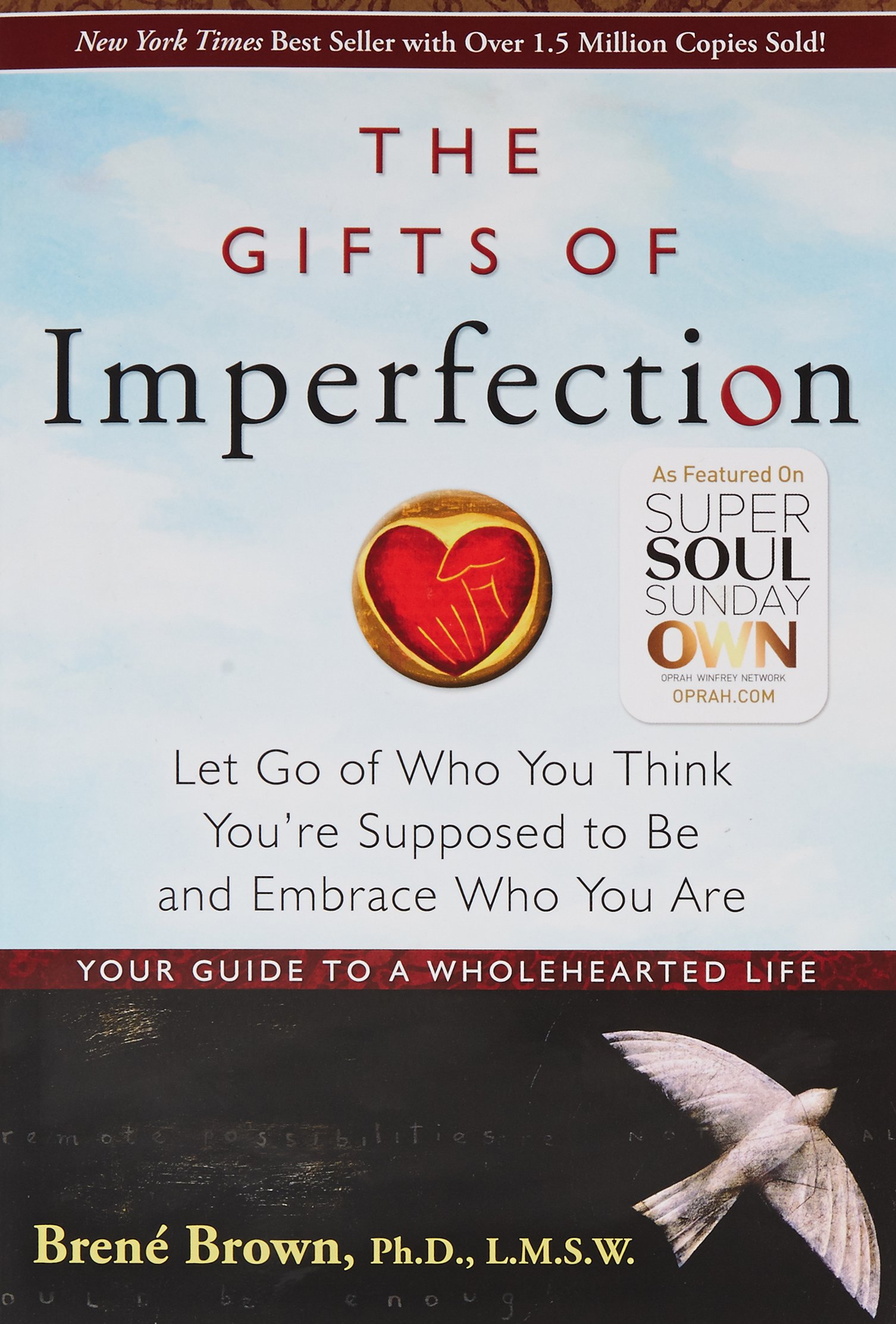In a song named “Something Just Like This” by Coldplay and The Chainsmokers, there are some lyrics that say “Where’d you wanna go? How much you wanna risk?” For me, when I start to think about leadership, the song comes into my mind because I believe that I need to learn how to lead myself before leading others. Thus, my leadership plan is mainly composed of two parts: how I can try to capture a more precise goal for me to make a change in the world and to continue building on what I’ve learned in this semester.

What is my core value?
In the first part, I started to reflect on what my core value is. What is the most important thing in my life? What is the thing I want to fight for? I still remember I said “I cared about human right issues” in the beginning of the semester, but later I thought the claim might be too big. It took me a while to narrow my interest down to “inequality.” To be more specific, I care about the inequality of choice due to different socioeconomic statuses. People have various options for the future. However, it seems like some people’s options are more limited.
This might be the thing I would like to fight for, so I came up with some ways that can help me narrow down my goal. The first plan is talking with advisors and professors from different departments. For instance, I have some interest in public health, so I might read some studies in winter vacation and seek for opportunities to go to Harvard and talk with the professors in person during spring break. Second, I plan to do some hands-on projects in the following semester at ASU because I think it is hard to find the passion without actually trying it out. Last but maybe the most important, I plan to review my past Facebook posts and writings because they might provide me some insights about what things I want to share and care about are.
Besides narrowing down the goal, another critical question I also need to ponder on is “What role do I want to play?” Maybe we can take the issue of stranded dolphins for example. When people see dolphins stranded on the beach, there are three kinds of characters that can help them. The first one is the practitioner. It means helping the dolphins directly by pushing them back to the ocean. The second is the researcher and/or the policymaker. They might try to figure out the reasons and tackle the problem. The third one is the reporter, who tells the story and tries to raise public awareness. I know those three might interconnect to some degree, but I would like to choose one first and accumulate the necessary skills at this current time point.
What have I learned so far?
In the second part of my leadership plan, I tried to reflect on what I have learned in this semester to figure out what the things I can continue to build on are. In the Humphrey Seminar, one of our main focus subjects is leadership, and I found the concept “servant leadership” interesting because the leaders I pictured in my mind before were more like bossing others around. As a result, I chose the book “Leaders Eat Last” as the leadership book for my final project since it seems surrounding the idea of servant leadership. The writer, Simon Sinek, suggests leaders should put human values first. For instance, he discusses the importance of building “the Circle of Safety” for employees so that they can feel safe and willing to help each other. An interesting part for a psychology major student like me is that the writer also put much emphasis on the importance of empathy. Thus, when I contemplated what actions I can adopt in my leadership plan are, I thought about practicing my empathy. Even though I’m not a leader now, I think it is a skill that I should keep accumulating from now on.
When I started to ponder on developing my empathy, a four-year-old boy inspired me. I have a course in the kindergarten of the psychological department at ASU this semester. The lead teacher often tells us how to better communicate with the children. For example, if you think the kid is drawing an apple, you still should not say things like “Such a beautiful apple!” to them. Instead, you should just say, “Tell me more about your painting!” and listen to their version of the story. I thought a servant leader should do the same thing, to listen more and to understand others’ needs. Therefore, I’m going to keep practicing this conversation skill and learn to put myself in others’ shoes more.
Some final thoughts
The most important thing I’ve learned during my first study-abroad year at ASU is courage and confidence. In the beginning of this semester, I might freak out if I were asked to present in front of the whole class, but I made it and enjoyed the clap from the classmates in the final class. A quote I shared in my leadership presentation is from Jeff Bezos, the CEO of Amazon. He said, “Cleverness is a gift, kindness is a choice.” Although as an undergraduate student who is still trying to figure out her next steps, I am still struggling to find a commitment, I believe I would choose the path that would lead me toward a community to increase those wonderful things in the world.

